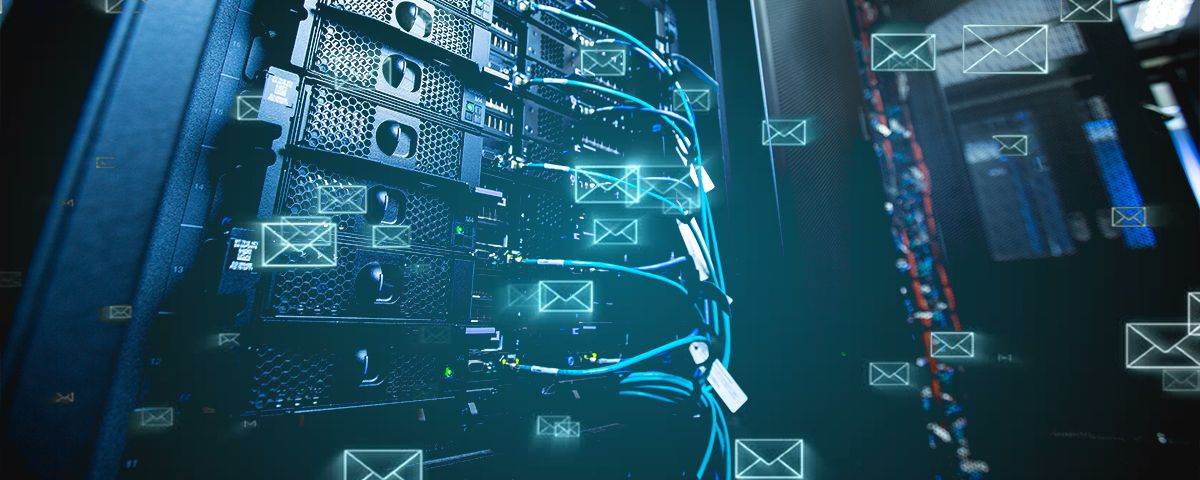
Email Retention and Litigation: How Backup Tapes Create Issues for Attorneys
In litigation, relevant communications are invaluable evidence, and emails frequently play key roles in court decisions and settlements. Many organizations are required by law to retain all emails for a specific period — and when litigation begins, email retention requirements must be executed immediately and thoroughly.
Today, most enterprises have established email retention policies for all (data regardless of specific compliance requirements) in order to ensure that archives will be available when litigation occurs. Modern data tape cartridges like LTO (and earlier formats like DLT, DDS, and AIT) offer numerous advantages for archiving, as they’re relatively easy to maintain securely while managing costs.
For attorneys, however, data tapes can present problems. Even if an organization executes a near-perfect archival strategy, accessing emails on data tapes can prove difficult — and expensive. An experienced tape partner can help attorneys address the challenges while reducing the cost and timeframe of email retrieval.
Most law firms don’t have appropriate onsite resources for data tape restoration.
Restoring email archives from data tapes requires specialized hardware, software, and expertise. While many law firms have capable IT departments that regularly work with certain backup tape formats, most don’t have significant experience with every single format — not to mention different email file formats and security controls.
Additionally, data migration requires a targeted approach during litigation. Finding relevant data from a large data set can be a time-consuming process, even for seasoned IT professionals. Emails are especially critical for e-discovery efforts, but a single data tape archive might hold hundreds of thousands of emails, most of which will be irrelevant to the case.
Your migration partner can make the process much less labor intensive. Total Data Migration maintains an onsite hardware library with a comprehensive set of legacy and current-generation tape drives. Because our team has decades of experience with various email formats and operating systems — and the unique challenges that accompany litigation — we’re able to return relevant data in ready-to-access formats. If your office is comfortable with Outlook PSTs, for instance, we can ensure that the restored files are accessible without compromising the privacy or security of the documents.
Improperly accessing retained emails on data tapes can create chain of custody concerns.
Law firms often attempt to handle email discovery in-house out of concern for the chain of custody. Ironically, this can have the opposite of the intended effect: The firm’s IT staff takes on the time-consuming work, but make key mistakes with the restored data due to unfamiliarity with the tape migration process.
When litigation requires large-scale access to data tapes, professional tape migration services are essential — but the tape migration partner needs to understand the importance of the chain of custody. Recovered evidence may be declared inadmissible without detailed documentation. This documentation shows that the electronic evidence is essentially unchanged; an experienced tape migration partner can help attorneys demonstrate that file format conversions and other essential activities have not substantially altered the condition of the emails.
Different email and backup software formats can lead to excessive migration timeframes.
Many enterprises update their systems regularly to improve security and efficiency. Unfortunately, this isn’t always followed by updates to archiving practices; we regularly work with clients that maintain archives in various formats for retention purposes. Migrating data to a single format can be expensive, particularly for larger archives, and enterprises often delay migration as long as possible.
During discovery requests, this can create significant challenges. To present retained data, the organization will need to convert older archives to a current format, which can take a tremendous amount of time. Some courts may recognize this as a hardship, but attorneys can’t rely on that argument — the court may also determine that since the organization cannot access the data in a reasonable timeframe, they’ve failed to comply with retention orders.
Once again, a knowledgeable tape partner can help attorneys address this problem. By drawing on experience with various email file formats, backup software implementations, and archival infrastructures, our team can help to reduce the tape migration timeframe. We work with clients to convert data into readable formats, identify key files, and provide access to relevant emails (or other files, depending on the requirements of the case).
Total Data Migration has an established reputation as the tape restoration partner of choice for government agencies, eDiscovery providers, legal firms, and litigation service providers. To discuss onsite and remote options for litigation-related email restoration, contact us today to set up a consultation.
